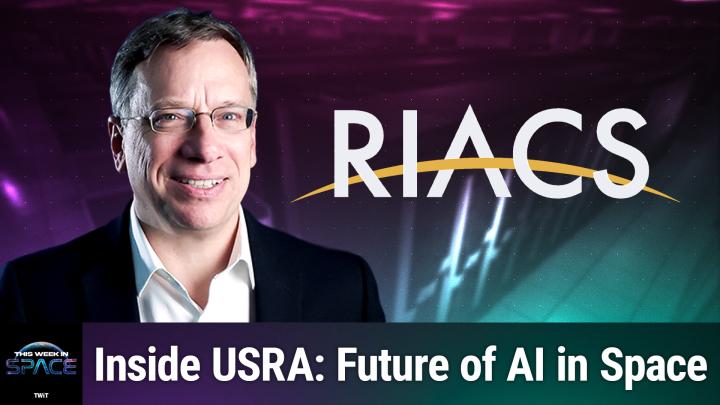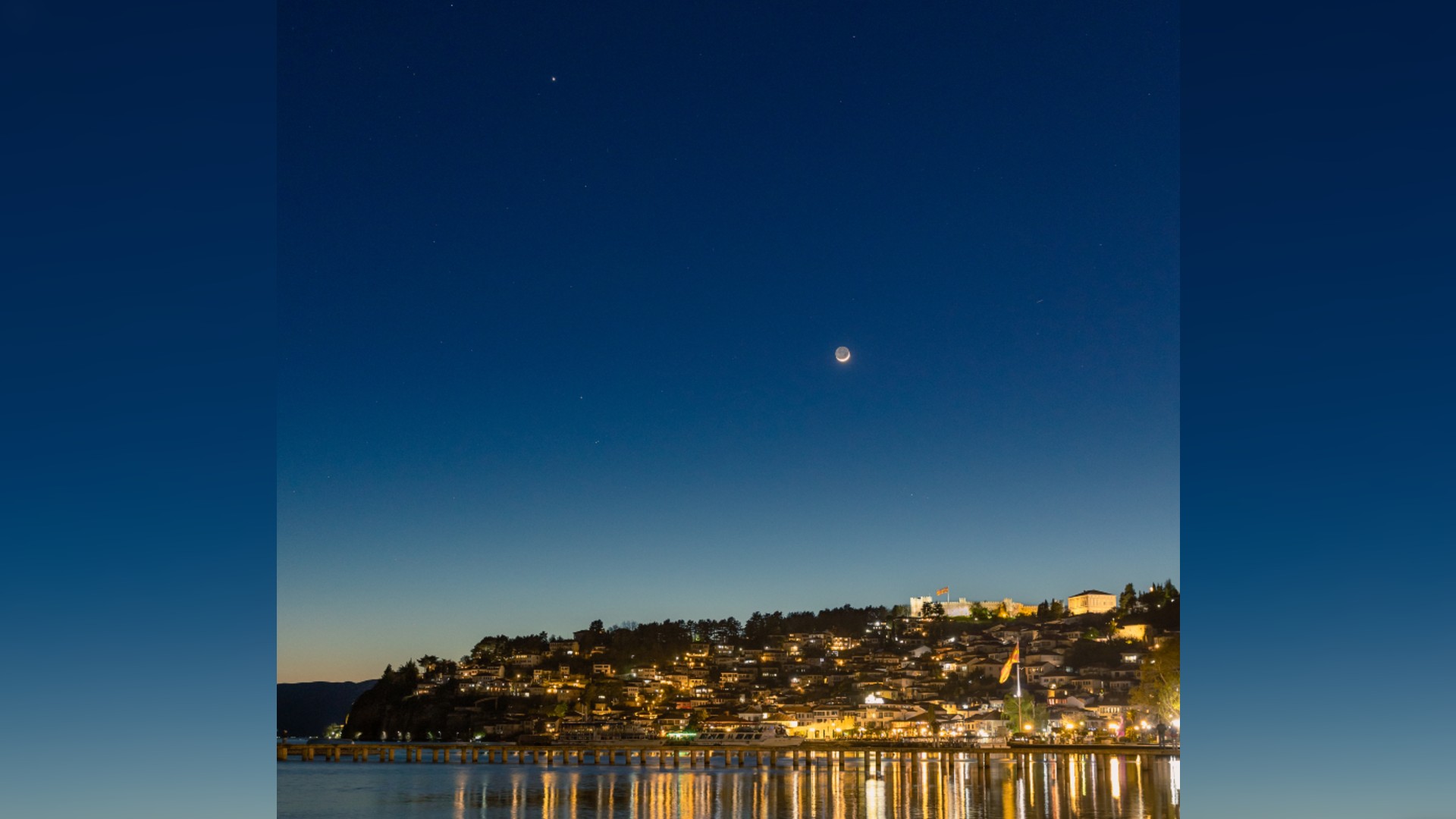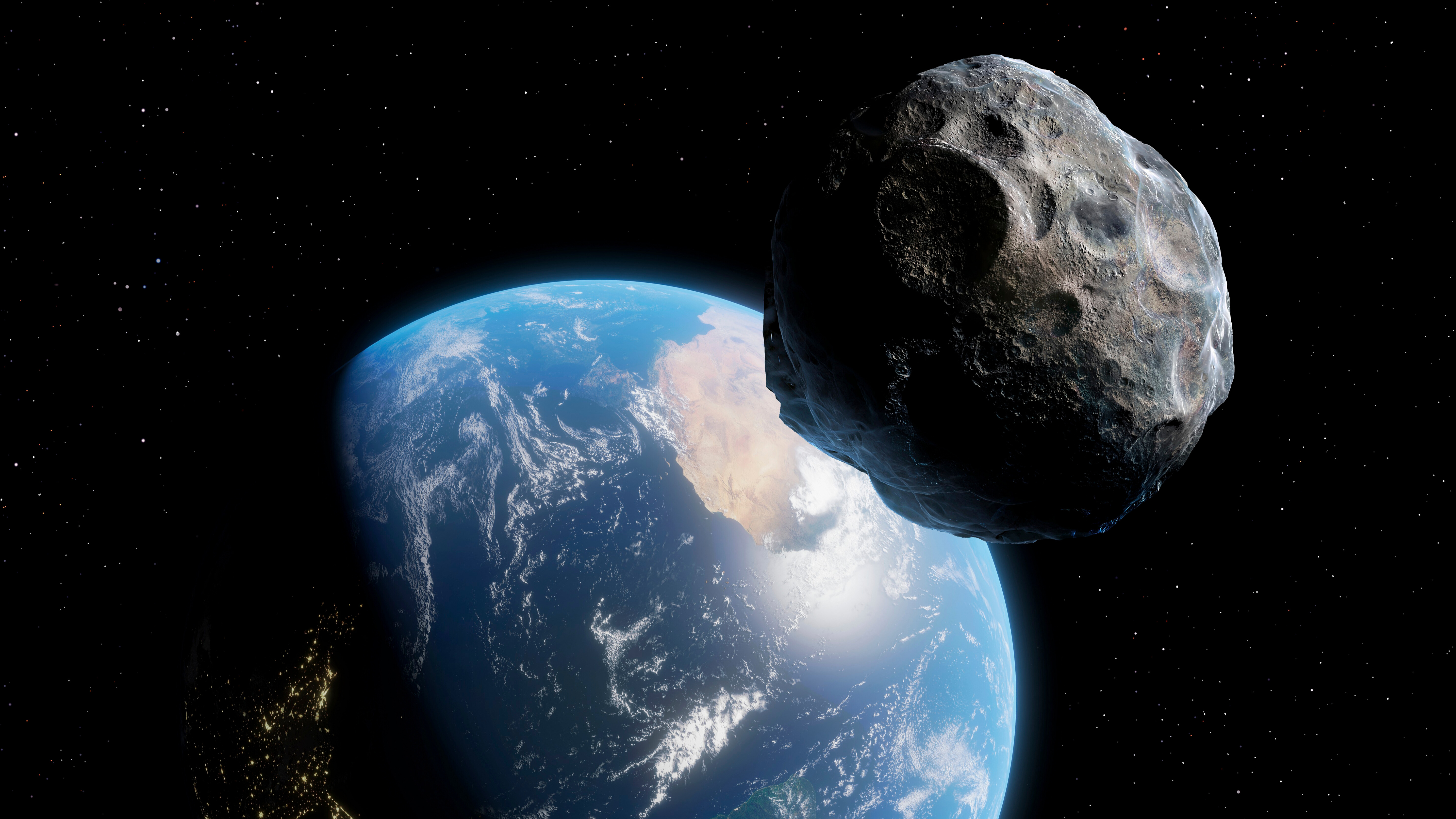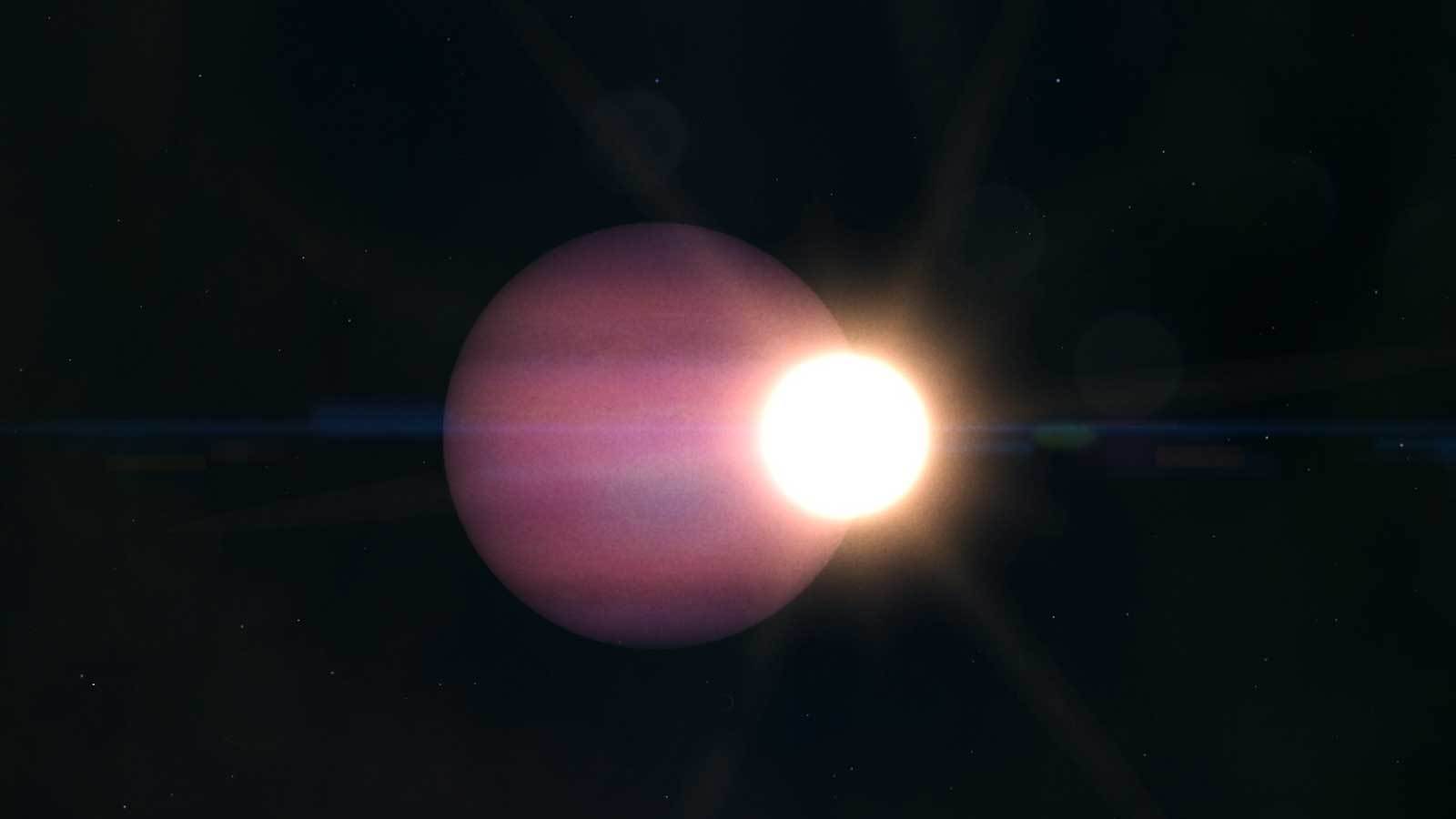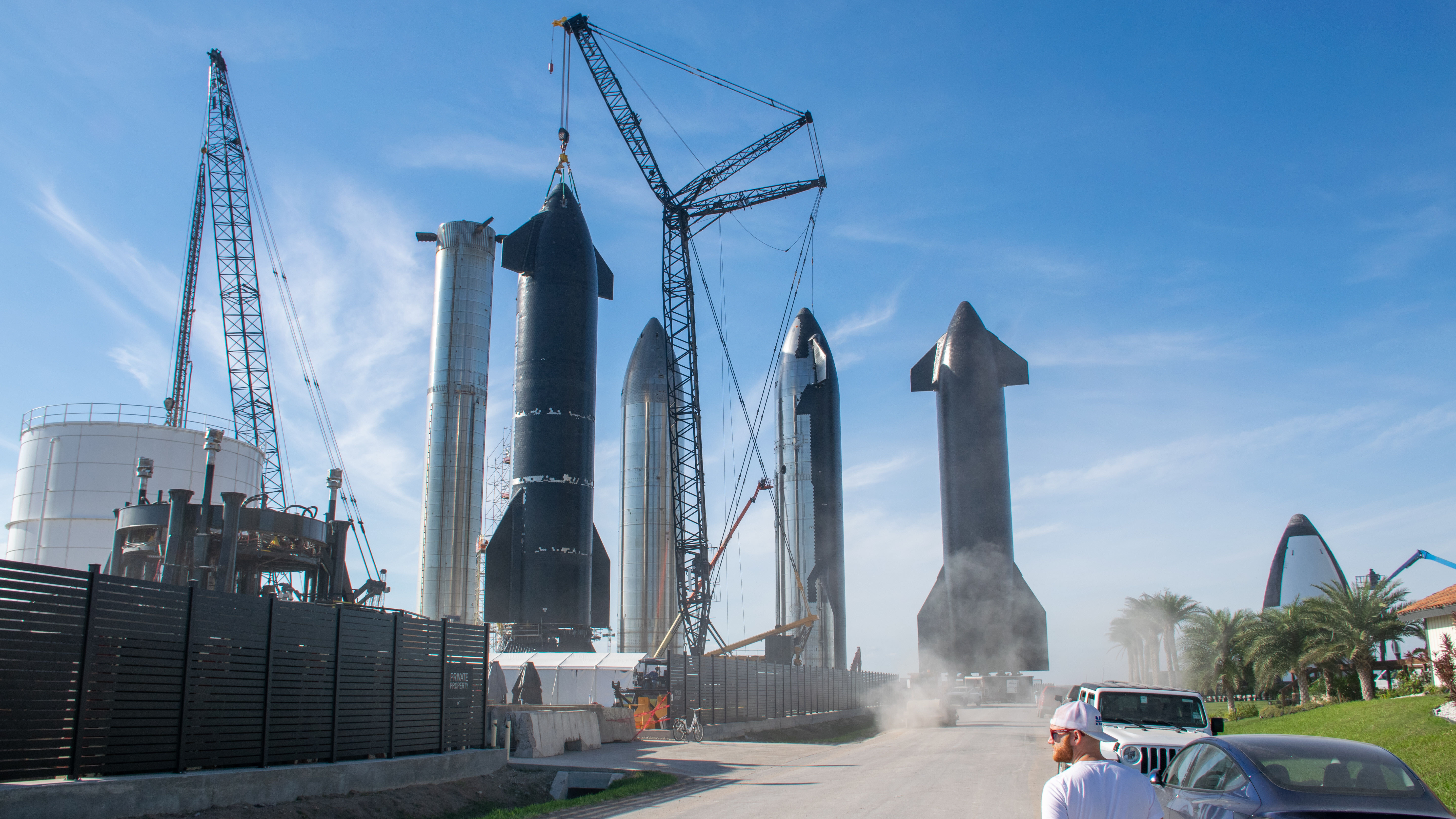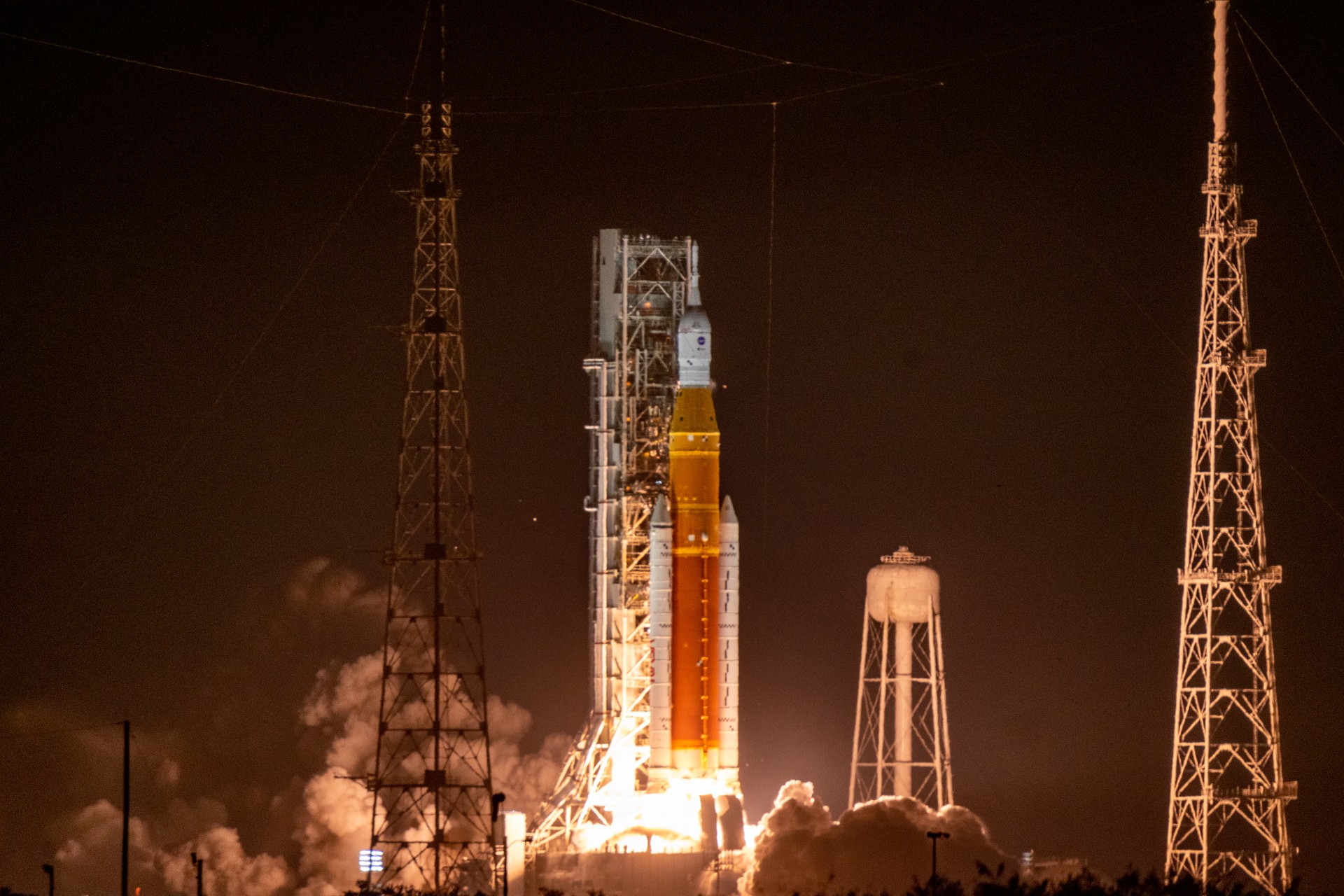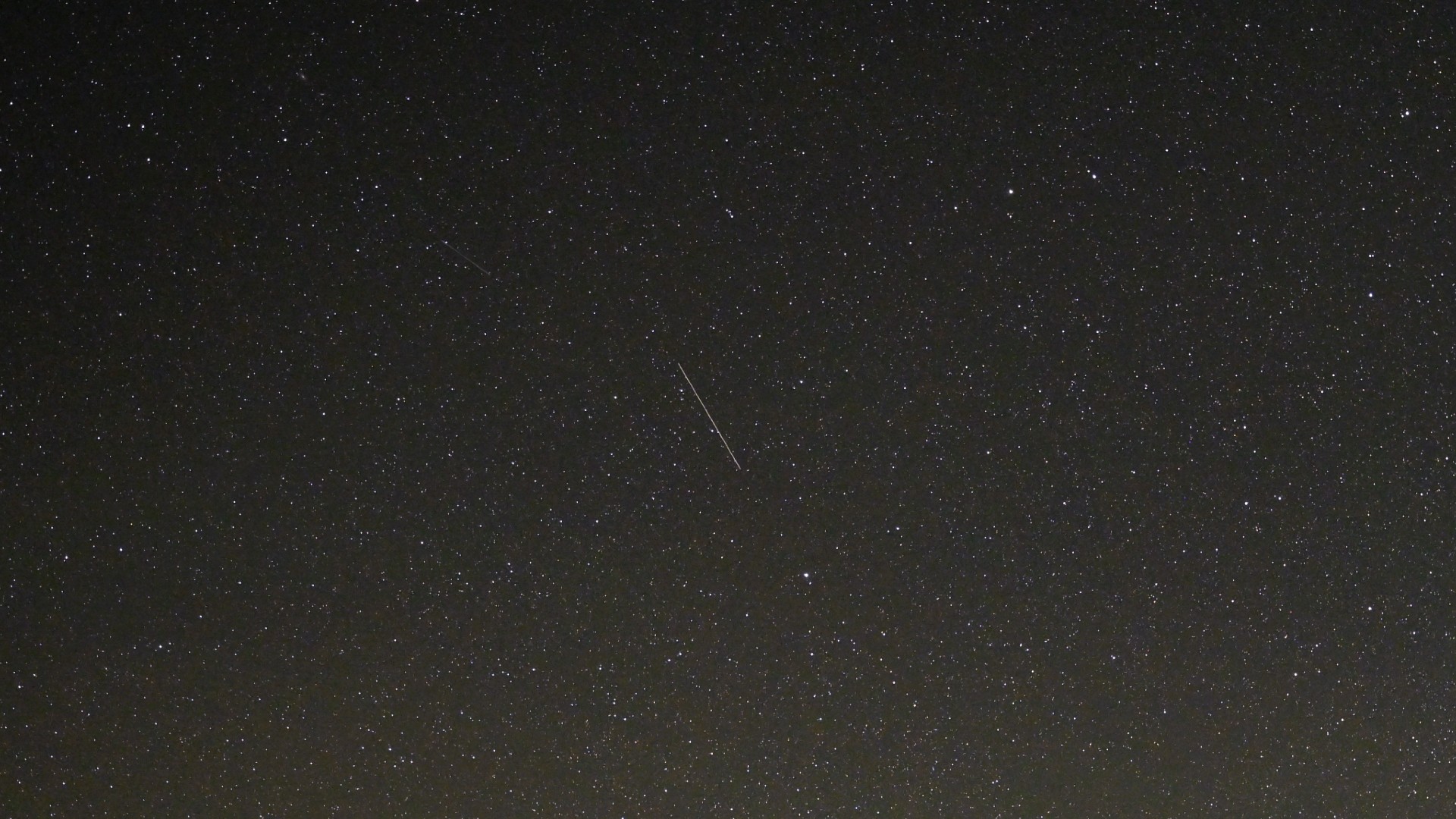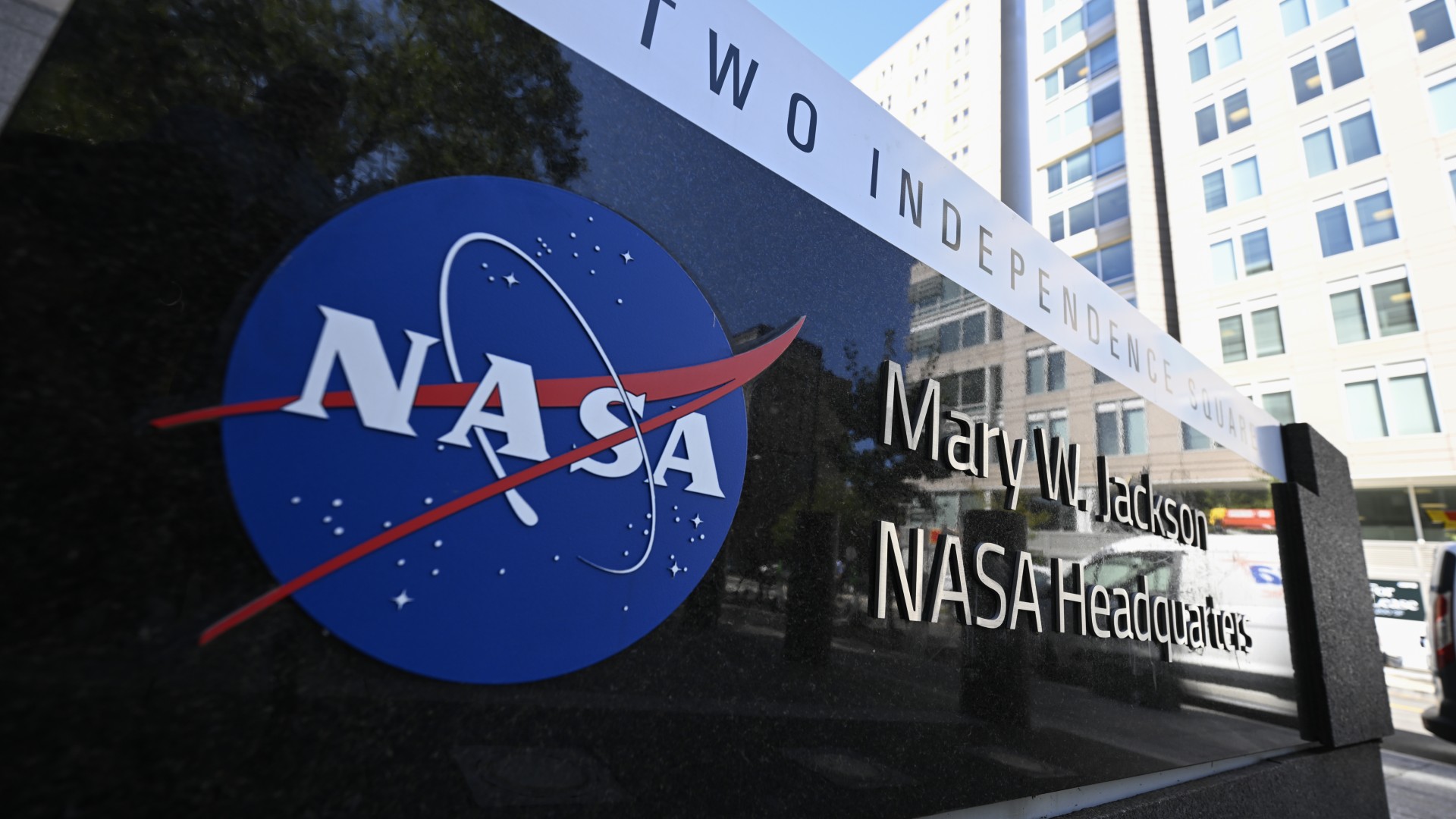A new theory of quantum gravity could explain the biggest puzzle in cosmology, study suggests
A new theory of quantum gravity, which attempts to unite quantum physics with Einstein's relativity, could help solve the puzzle of the universe's expansion, a theoretical paper suggests.
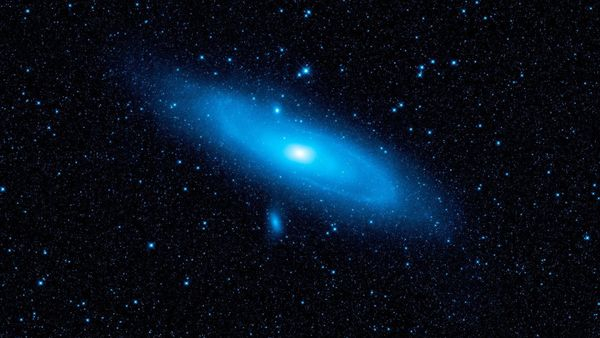
A variation on the theory of quantum gravity — the unification of quantum mechanics and Einstein's general relativity — could help solve one of the biggest puzzles in cosmology, new research suggests.
For nearly a century, scientists have known that the universe is expanding. But in recent decades, physicists have found that different types of measurements of the expansion rate — called the Hubble parameter — produce puzzling inconsistencies.
To resolve this paradox, a new study suggests incorporating quantum effects into one prominent theory used to determine the expansion rate.
Related: 'Quantum gravity' could help unite quantum mechanics with general relativity at last
"We tried to resolve and explain the mismatch between the values of the Hubble parameter from two different prominent types of observations," study co-author P.K. Suresh, a professor of physics at the University of Hyderabad in India, told Live Science via email.
An expanding problem
The universe's expansion was first identified by Edwin Hubble in 1929. His observations with the largest telescope of that time revealed that galaxies farther from us appear to move away at faster speeds. Although Hubble initially overestimated the expansion rate, subsequent measurements have refined our understanding, establishing the current Hubble parameter as highly reliable.
Later in the 20th century, astrophysicists introduced a novel technique to gauge the expansion rate by examining the cosmic microwave background, the pervasive "afterglow" of the Big Bang.
Get the Space.com Newsletter
Breaking space news, the latest updates on rocket launches, skywatching events and more!
However, a serious problem arose with these two types of measurements. Specifically, the newer method produced a Hubble parameter value almost 10% lower than the one deduced from the astronomical observations of distant cosmic objects. Such discrepancies between different measurements, called the Hubble tension, signal potential flaws in our understanding of the universe's evolution.
In a study published in the journal Classical and Quantum Gravity, Suresh and his colleague from the University of Hyderabad, B. Anupama, proposed a solution to align these disparate results. They underscored that physicists infer the Hubble parameter indirectly, employing our universe's evolutionary model based on Einstein's theory of general relativity.
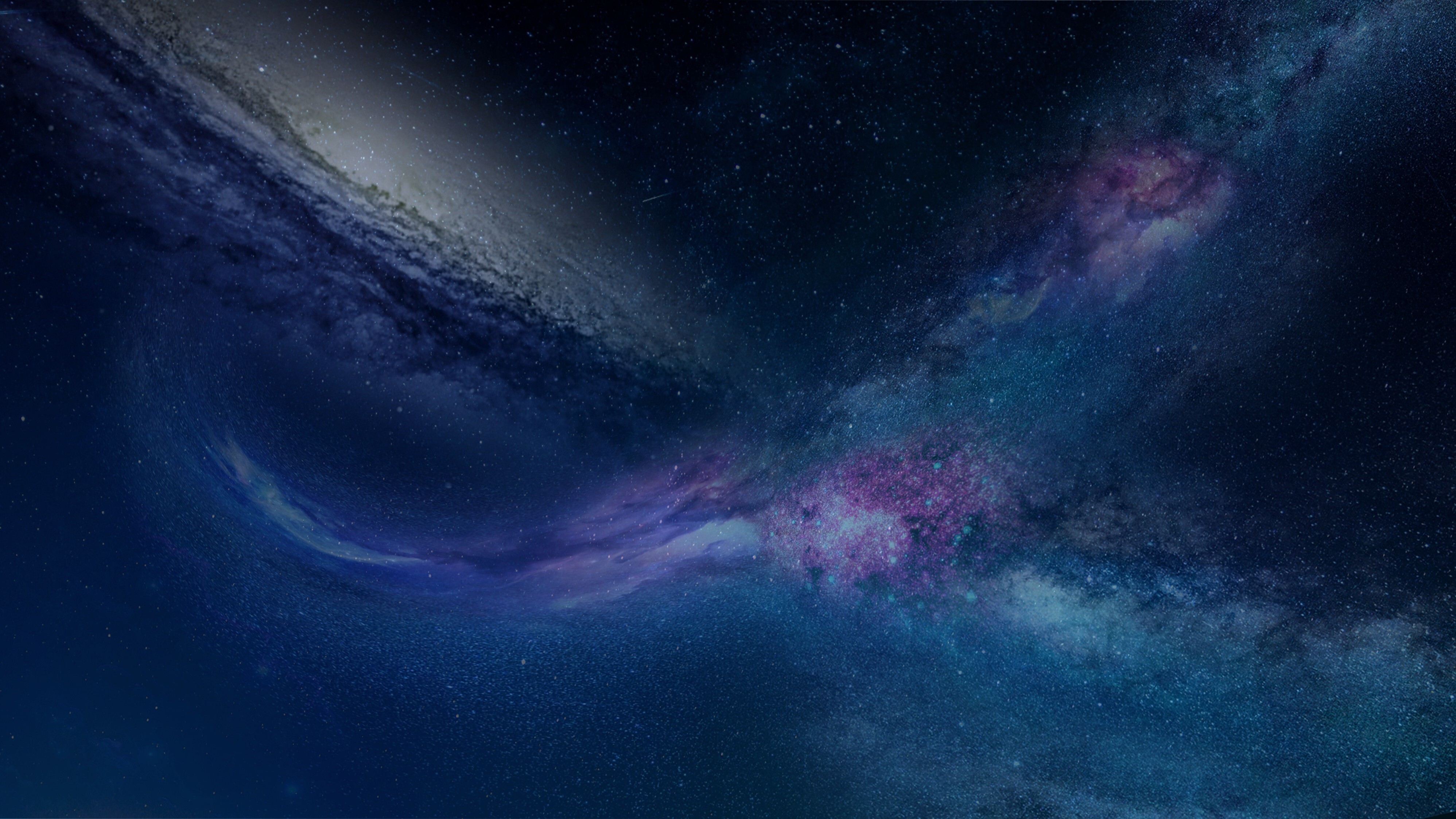
The team argued for revising this theory to incorporate quantum effects. These effects, intrinsic to fundamental interactions, encompass random field fluctuations and the spontaneous creation of particles from the vacuum of space.
Despite scientists' ability to integrate quantum effects into theories of other fields, quantum gravity remains elusive, making detailed calculations extremely difficult or even impossible. To make matters worse, experimental studies of these effects require reaching temperatures or energies many orders of magnitude higher than those achievable in a lab.
Acknowledging these challenges, Suresh and Anupama focused on broad quantum-gravity effects common to many proposed theories.
"Our equation doesn't need to account for everything, but that does not prevent us from testing quantum gravity or its effects experimentally," Suresh said.
Their theoretical exploration revealed that accounting for quantum effects when describing the gravitational interactions in the earliest stage of the universe's expansion, called cosmic inflation, could indeed alter the theory's predictions regarding the properties of the microwave background at present, making the two types of Hubble parameter measurements consistent.
Of course, final conclusions can be drawn only when a full-fledged theory of quantum gravity is known, but even the preliminary findings are encouraging. Moreover, the link between the cosmic microwave background and quantum gravitational effects opens the way to experimentally studying these effects in the near future, the team said.
"Quantum gravity is supposed to play a role in the dynamics of the early universe; thus its effect can be observed through measurements of the properties of the cosmic microwave background," Suresh said.
—Mysterious 'unparticles' may be pushing the universe apart, new theoretical study suggests
—'It could be profound': How astronomer Wendy Freedman is trying to fix the universe
—10 mind-boggling things you should know about quantum physics
"Some of the future missions devoted to studying this electromagnetic background are highly probable and promising to test quantum gravity. … It provides a promising suggestion to resolve and validate the inflationary models of cosmology in conjunction with quantum gravity."
Additionally, the authors posit that quantum gravitational phenomena in the early universe might have shaped the properties of gravitational waves emitted during that period. Detecting these waves with future gravitational-wave observatories could further illuminate quantum gravitational characteristics.
"Gravitational waves from various astrophysical sources have only been observed so far, but gravitational waves from the early universe have not yet been detected," Suresh said. "Hopefully, our work will help in identifying the correct inflationary model and detecting the primordial gravitational waves with quantum gravity features."
Join our Space Forums to keep talking space on the latest missions, night sky and more! And if you have a news tip, correction or comment, let us know at: community@space.com.
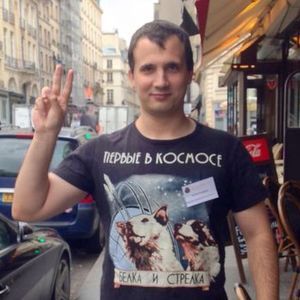
Andrey got his B.Sc. and M.Sc. degrees in elementary particle physics from Novosibirsk State University in Russia, and a Ph.D. in string theory from the Weizmann Institute of Science in Israel. He works as a science writer, specializing in physics, space, and technology. His articles have been published in Elements, N+1, and AdvancedScienceNews.
-
DrRaviSharma It is a new thinking to be appreciated and thanks to authors.Reply
However, is it necessary always to assume big bang even when we are talking of Hubble Tension,
I am thinking that Universe could exist with local big bang and even in such case quantum gravity could be a real phenomenon in which fluctuations and perturbations could change the parametric values during its lifecycle. We know effects of SM forces on detection beyond photons.
It could be that the CMBR and General Relativity Lambda are correlated! Hence new physics beyond SM would come from such studies. But LHC etc. have found energetic resonances that could also measure effects of SM forces on gravity for example through suggested Higgs field and we think could also affect the quantum aspects of gravity?
Thanks.
Ravi
(Dr. Ravi Sharma, Ph.D. USA)
NASA Apollo Achievement Award
ISRO Distinguished Service Awards
Former MTS NASA HQ MSEB Apollo
Former Scientific Secretary ISRO HQ
Ontolog Board of Trustees
Particle and Space Physics
Senior Enterprise Architect
SAE Fuel Cell Tech Committee voting member for 20 years.
http://www.linkedin.com/in/drravisharma

